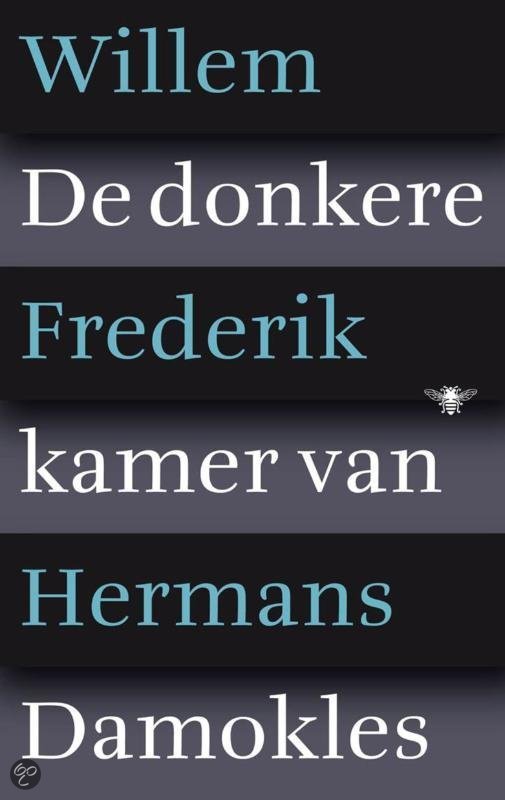
It is in this field of tension that the intrigue in De tranen der acacia’s (Acacia’s Tears, 1949) and in De donkere kamer van Damocles (The Darkroom of Damocles, 1958) develops.

In his novels and stories Hermans places his characters in a world of certainty for themselves but equivocal for the reader.

In his essays on Wittgenstein, Hermans studied this problem in depth. Language is essential to create order out of chaos and plays an important role in this process. It is inevitable that all these experiences of reality will collide. It is Hermans’s belief that in order to survive people have to create their own reality. His caustic pieces were compiled in Mandarijnen op zwavelzuur (Mandarines in Sulphuric Acid, 1963), which was reprinted with additions a number of times. His polemic and provocative style led to a court case as early as 1952.

He had already started writing and publishing in magazines at a young age. Before devoting his entire life to writing, Hermans had been teaching Physical Geography at the University of Groningen for many years. Willem Frederik Hermans is one of the greatest post-war Dutch authors.


 0 kommentar(er)
0 kommentar(er)
